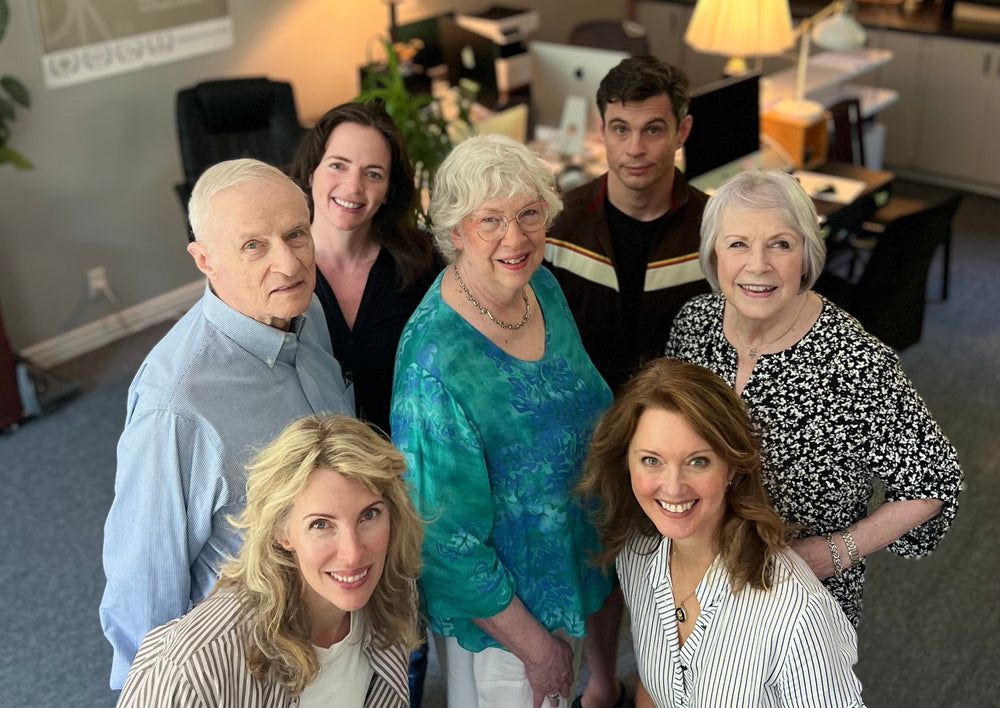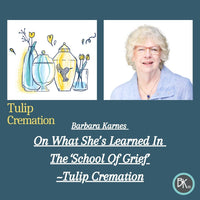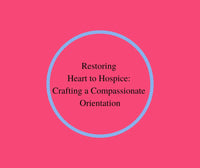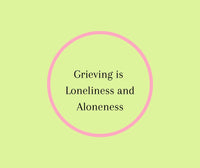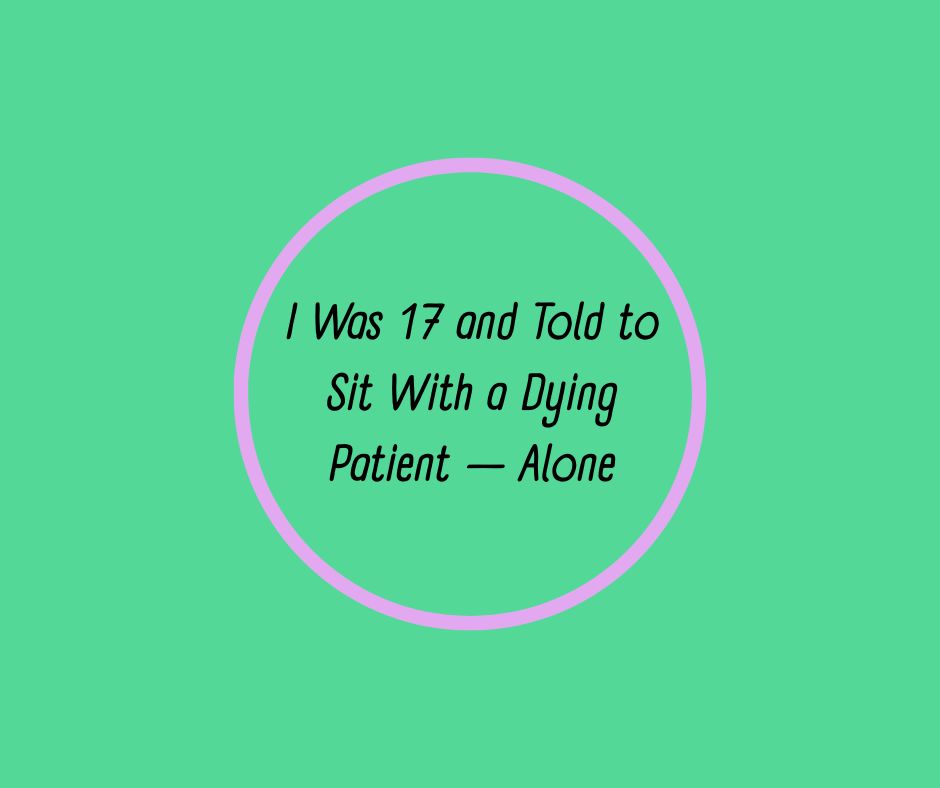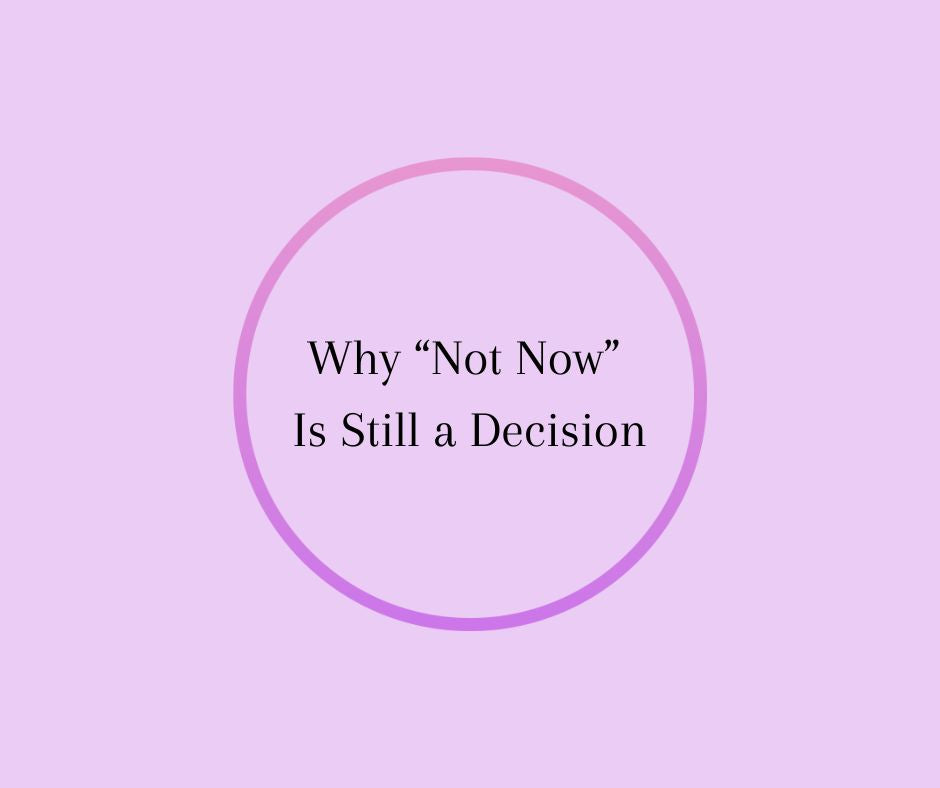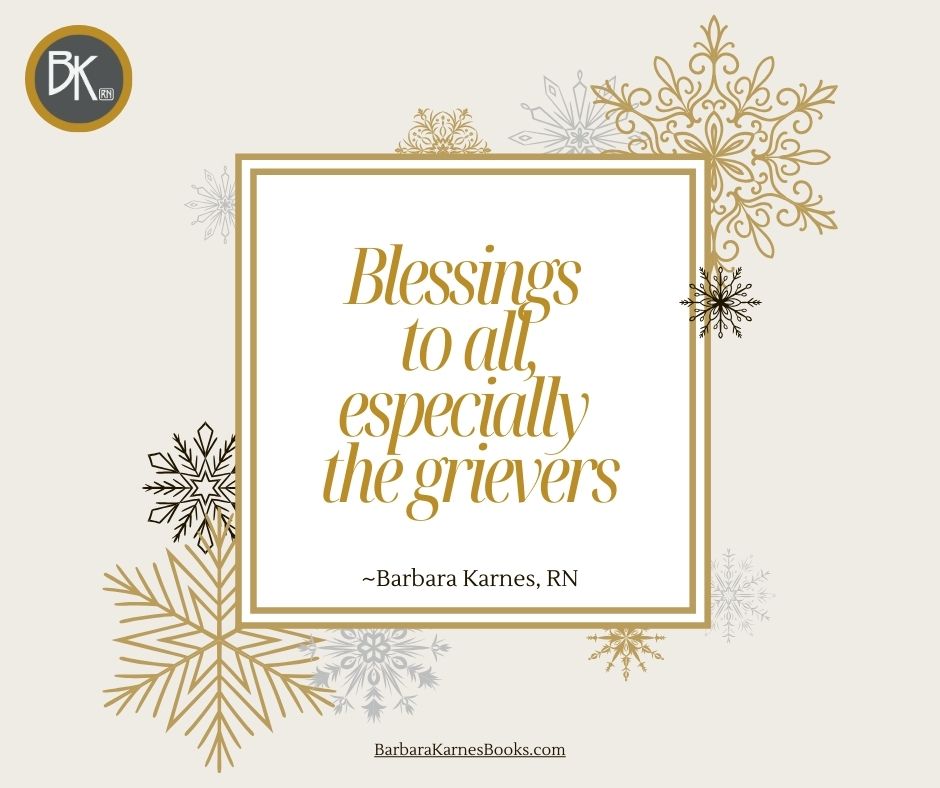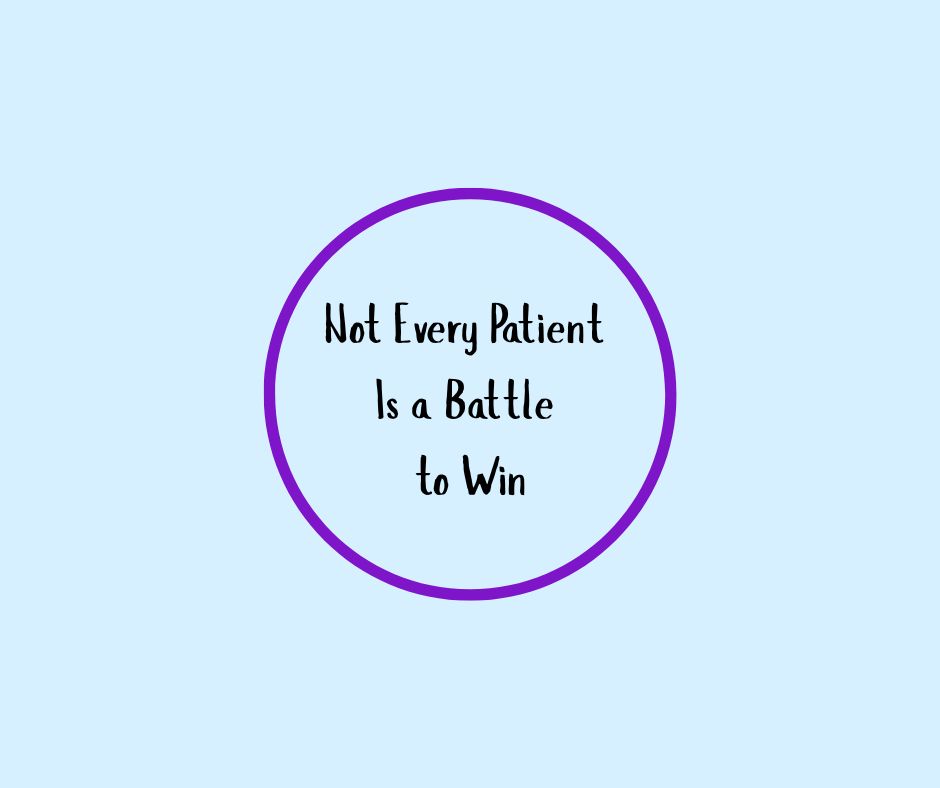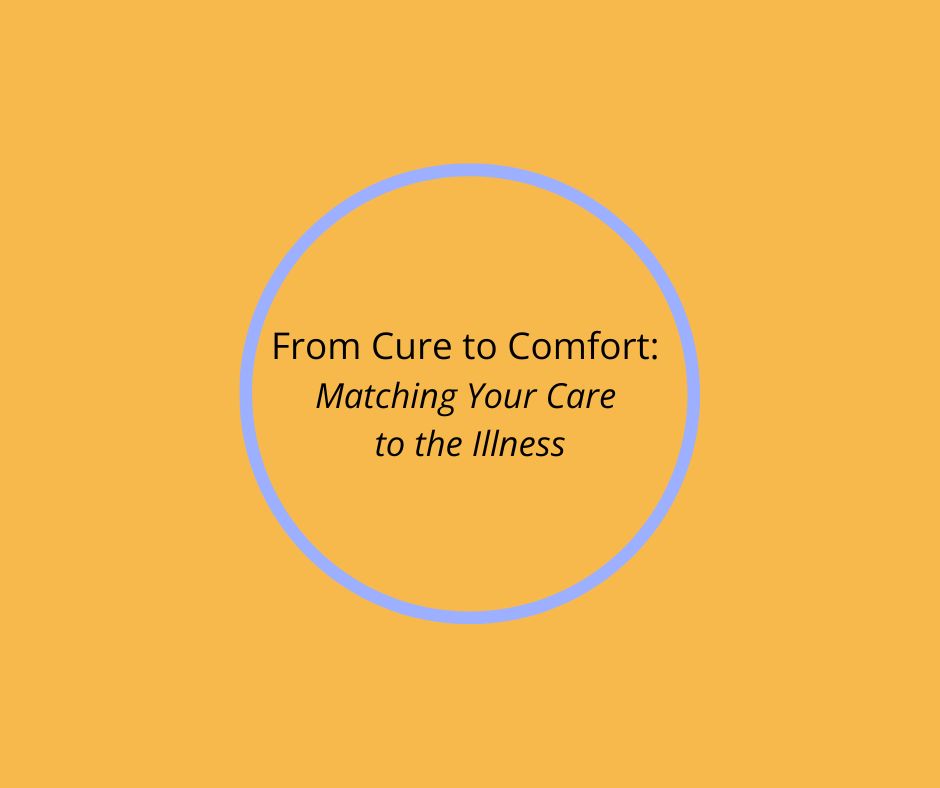
Something to Think About
a blog on end of life
- All posts
- addiction
- advance directive
- alzheimers
- Anger
- anticipation
- anticipatory grief
- Approaching Death
- assisted care
- assisted death
- Assisted Living
- Barbara Karnes
- bereaved
- Bereavement
- burnout
- BY YOUR SIDE A Guide for Caring for the Dying at Home
- cancer
- caregiver
- caregiver fatigue
- caregiver support
- caregiving at end of life
- children
- Clinician
- cna
- comfort care
- communication
- covid 19
- Dame Cicely Saunders
- Death
- death and dying
- death awareness
- death cafe
- death call
- death care
- death doula
- death education
- death midwife
- death of a pet
- death ritual
- dementia
- dementia doula
- diagnosis
- Director of Education
- disease
- DNR
- doctors
- dying
- dying looks different than expected
- dying pet
- dying process
- Dynamics of Dying
- Eating or not eating
- elderly
- Elisabeth Kubler-Ross
- end of life
- end of life doula
- end of life education
- end of life planning
- estate planning
- euthanasia
- family
- family caregiver
- father
- Fear
- Feeding
- Financial records
- Food
- food at end of life
- Funeral
- gift
- Gone From My Sight
- graduating from hospice
- gratitude
- Grief
- Grief Counselor
- grief support
- grieving
- Guilt
- holidays
- Home Care
- home death
- home health
- home healthcare
- Hospice
- Hospice Blue Book
- hospice care
- hospice chaplain
- hospice education
- hospice end of life care
- hospice for pets
- hospice myths
- hospice nurse
- hospice nurses
- hospice patient
- hospice physician
- hospice referral
- Hospice Social Worker
- Hospice Staff
- hospice volunteer
- hospice volunteer training
- hospital
- How Do I Know You ?
- How Do I Know You? Dementia at the End of Life
- Hydration or dehydration
- infant death
- joy
- labor
- labor at end of life
- labor to be born
- life limiting
- life support
- loss
- media
- Medicade
- medical visits
- Medicare
- medication
- medications
- memory care
- midwife
- mindfulness
- moment of death
- morphine
- mother
- My Friend I Care
- narcotics
- New Rules For End Of Life Care
- No Code
- Not Eating
- nurse
- nurses aide
- Nursing facility
- Nursing home
- nutrition
- Old Age
- older pet
- orientation
- oxygen
- pain
- pain at end of life
- pain management
- pain relief
- palliative care
- palliative sedation
- pandemic
- peace
- personality
- Pet death
- Pet illness
- physician
- podcast
- POLST
- prepare for death
- quality of life
- religion
- Retirement Home
- ritual bath
- RN
- sacred
- self care
- seniors
- signs of approaching death
- sleep
- Social Worker
- spanish grief literature
- stages of grief
- sudden death
- Suicide
- Supervisors
- support
- terminal
- terminal agitation
- terminal diagnosis
- terminal illness
- terminal restlessness
- The Eleventh Hour
- The Final Act of Living
- This Is How People Die
- Time
- Time of Death
- trauma
- treatments
- vigil
- visions
- volunteer
- volunteers
- washing the body
- widow
- widowhood
- wife
- Will
- You Need Care Too
Doctor’s office visits for health issues are scary, often confusing, and too often complicated with medical terms we don’t understand. And we are generally ill or have health issues that...
Dame Cicely Saunders — an important and influential physician, nurse, social worker, and writer in end of life care — established a specific facility to care for those people that...
So often I have walked into a room when family is standing at the side of the room, watching. Watching their special person dying...
I’m going to share with you the thoughts of last night so you can get a picture of how this daily review works for me. Hopefully you will think it is...
First, there is no perfect relationship. Life is a learn-by-trial adventure. It’s hard work, not always smiles and happiness.
What do you say to someone to get them to accept hospice? Well, one thing to say after explaining the services hospice offers is to ask what they think will...
Everyone dies. Death will not be conquered. It can be forestalled and that is where the medical model comes in. We learn through trying. The medical rounds physician is correct...
I think most of us live our life on a gerbil wheel, just going round and round, doing the same routines, just going through our days. We don’t think about,...
It will never be “okay” for someone we care about to die, to leave us. We will always want those we care about to stay in our lives...
Our lifelong habits, personalities, and coping tools shape the way we meet death—and how awareness can open the door to deeper living.
Death from disease and old age doesn’t just happen. There are signs and changes that begin occurring months before death arrives. You can use those signs as a reference indicating...
Some illnesses are curable. Some are uncertain. And some can’t be fixed—no matter what we do. Knowing which type you or your loved one is facing can help you choose...
Hospice isn’t about giving up—it’s about support, comfort, and quality of life. Here is the truth behind 4 common hospice myths families often believe.
If I could sit beside you at the bedside, this is what I would place in your hands. Whether you’re a family member, a friend, a caregiver, or an end-of-life...
We began with his favorite dinner-meatloaf and mashed potatoes, salad and, of course, ice cream. As we sat around the dinner table, we began sharing memories, stories, and experiences.
Patients die while having home health services just like people die in hospitals, nursing and residential care facilities. End of life knowledge is beneficial to the patient and family no...
How do you get a terminally-ill patient to accept hospice care?
Someone recently asked me, “What do Hospice volunteers do?” She was interested in becoming one. She was most interested in helping in an area most people are afraid to even...
End of life care is about bonding and developing trust — not just with the patient, but with the family and the caregiver, as well...
How do we interact with someone dying a sudden death? The same way we would react with someone dying a gradual death.
The experience of dying a gradual death is an important, integral part of life. It is an opportunity to write our final chapter, to define the ending of our story...




